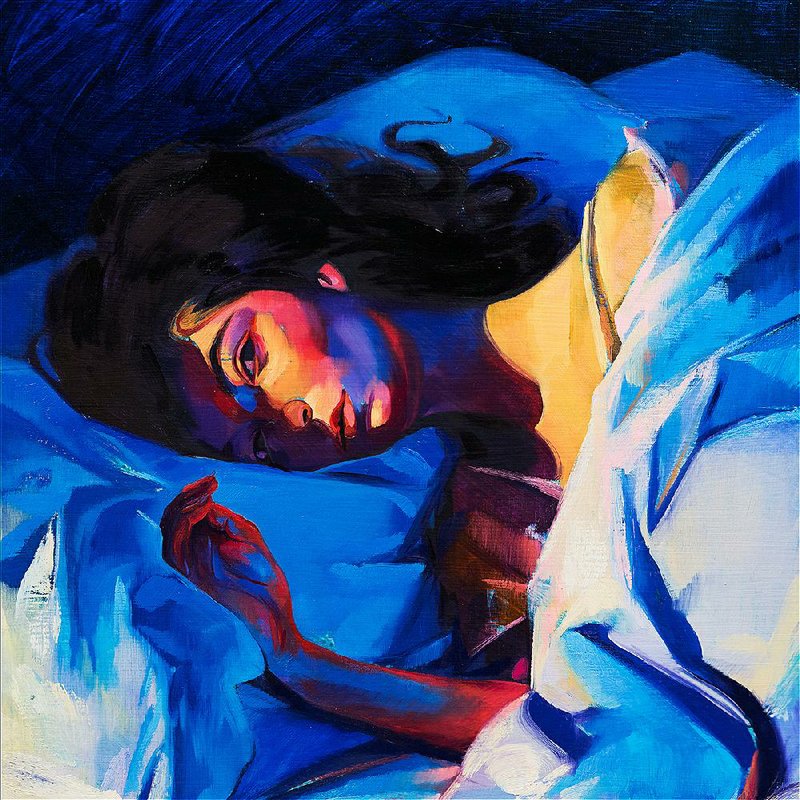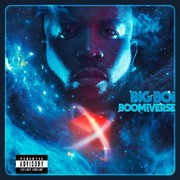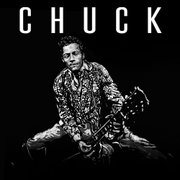B+ Lorde Melodrama
Lava/Republic
Four years ago, the idea that drove the young New Zealander Lorde’s music was a prideful alienation from the supposedly hollow pageantry of pop culture. In “Royals,” she sang about not relating to rappers’ displays of the type of bling she’d glimpsed only in the movies; in “Team” she said she was “over getting told to throw my hands up in the air.”
“Royals” topped Billboard’s Hot 100 and won a Grammy Award for song of the year, while Pure Heroine, the singer’s 2013 debut, went triple platinum.
Yet the outsider remains a powerful archetype. On her latest, Melodrama, Lorde, 20, still wants us to think of her as someone in a state of opposition.
“Hated hearing my name on the lips of a crowd,” she insists in “Writer in the Dark,” whose title says plenty about how she wants us to see her.
Melodrama, which Lorde made primarily with producer Jack Antonoff (of the band fun.), is full of moments in which she claims she’s barely able to keep herself together — a self-styled alternative to the glamazons who rule Top 40 radio.
Antonoff’s cinematic production is lush with echoes of Prince and Kate Bush and 1980s New Wave.
But Melodrama is more potent when Lorde is owning her newfound authority, as in the album’s dizzying opening track, “Green Light,” in which she urges a lover to follow her “wherever I go” over a surging house groove that keeps escalating in intensity.
She’s equally convincing in “Supercut,” a fizzy electro-pop jam about a relationship that was “wild and fluorescent.”
Hot tracks: “Green Light,” “Supercut,” “Liability”
— MIKAEL WOOD
Los Angeles Times (TNS)
A- Big Boi
Boomiverse
Epic
Big Boi, the more streetwise half of OutKast, has always had the enviable skill of crafting hip-hop that sounds simultaneously groundbreaking and immediately familiar.
For his third solo album, Big Boi expands his hip-hop universe far beyond the Dirty South, hence Boomiverse, without losing his masterful command of his surroundings.
The single “Mic Check,” featuring Adam Levine, rides a retro-’80s groove that could have rolled off the latest Bruno Mars album. But Big Boi’s distinctive flow and next-level rhymes (“Do you really know the meaning of life or are you sleeping?”) keep things fresh.
His collaborations with Killer Mike, who appears on three of the 12 tracks, are at the other end of the spectrum, as Mike’s thunderous flow makes us hang on his every word in the trap-influenced “Made Man” with Kurupt.
Big Boi doesn’t abandon the Dirty South completely, assembling the hazy “In the South” to include a posthumous verse from Pimp C. The catchiest jam here is “Chocolate,” built on a thudding four-on-the-floor beat that is irresistible.
Hot tracks: “Mic Check,” “Chocolate,” “Made Man”
— GLENN GAMBOA
Newsday (TNS)
A- Chuck Berry
Chuck
Dualtone
Chuck Berry’s legacy has been secure for decades, as indelible as the guitar riffs of “Johnny B. Goode” or the image of him duckwalking across a stage.
For those who still have questions, even after all the testimonials that came with his death in March, Berry has left behind Chuck, his first new studio album since 1979’s Rock It, to silence the doubters.
When Berry announced the album’s completion on his 90th birthday, dedicating it to his wife of 68 years, Themetta Suggs Berry, he added, “Now I can hang up my shoes!”
As final statements go, Chuck is a doozy — filled with the passion and inventiveness of his early work, as well as his sense of humor.
Berry’s guitar drives “Lady B. Goode,” the sequel to his classic about Johnny. And he is definitely in control of the roaring first single, “Big Boys,” which features Tom Morello on guitar and Nathaniel Rateliff on booming backing vocals. Berry tells the tale of how nerdy guys can turn into legendary musicians in slightly more than 3 minutes, one more triumphant rock tale to add to his catalog.
However, Berry also sings from his older, wiser point of view. “Darlin’,” his duet with daughter Ingrid Berry, is poignant, as they tell each other “The good times come, but do not stay.”
The potent combination makes Chuck one of Berry’s best albums, possibly his strongest ever from start to finish.
Hot tracks: “Lady B. Goode,” “Big Boys,” “Darlin’”
— GLENN GAMBOA
Newsday (TNS)
B+ Dion
Kickin’ Child: The
Lost Album 1965
Norton
It took more than 50 years, but Dion DiMucci ’s Kickin’ Child is finally seeing the light of day. A handful of tracks have surfaced, but this is the first time it’s appearing in the form in which the Rock and Roll Hall of Famer created it.
For those who know the singer mainly as the doo-wopper of “Teenager in Love,” the macho man of “The Wanderer,” or the solemn balladeer of “Abraham, Martin and John,” it will be a revelation.
Tom Wilson, Bob Dylan’s producer at the time, produced all but three of the 15 tracks, and the album brims with crisp, melodic folk-rock in which Dion comes across as earnestly searching and reflective without being solipsistic. The old street swagger resurfaces on his own “Two Ton Feather” and Mort Shuman’s “All I Want to Do Is Live My Life,” which also demonstrate Dion’s affinity for the blues.
The album includes three Dylan songs, and the selfpenned title number echoes the Bard’s contemporaneous, groundbreaking rock style. Not that Dion was a mere follower. As Kempner notes, he played a behind-the-scenes role in Dylan’s historic shift from acoustic to electric.
Hot tracks: “Kickin’ Child,” “Two Ton Feather,” “All I Want to Do Is Live My Life”
— NICK CRISTIANO
The Philadelphia Inquirer


